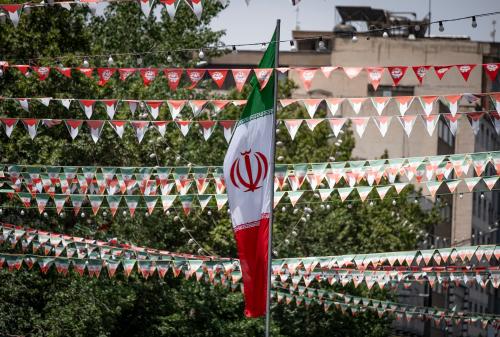I am very pleased to speak on the occasion of the dedication of KORUS House as a center for cooperation in media, academics and society concerning critical current issues. I’ve already attended a number of programs here. I expect to attend many more. I am also very honored to follow Minister Kim Chan-ho, Minister of the Korea’s Information Agency, at the podium.
As great an honor as it is to speak on this occasion, I also feel quite inadequate because I am not a Korea specialist. I know just enough about the Korean peninsula to get myself in trouble. But I still feel touched that Minister Yoon would invite me to offer some thoughts on this occasion concerning the relationship between the United States and the Republic of Korea, and where it might be going.
I wish to begin by offering a historical perspective on current events. Last week President Roh Moo-hyun, in his remarks about the Dokdo dispute, said it was after the Russo- Japanese war that traditional Korea lost its independence. What he meant, I guess, was that in November 1905 a Japanese “protectorate” was established over Korea. That event took place a century ago, plus a few months. Now the loss of national independence is not something that any Korean wishes to dwell on, for understandable reasons. On the other hand, a century is a fairly short time in human history. When you think about it, what the Korean people have accomplished over the last hundred years is quite remarkable. What the Republic of Korea has accomplished over the last sixty years is also quite remarkable.
View Full Speech (PDF—34kb)
The Brookings Institution is committed to quality, independence, and impact.
We are supported by a diverse array of funders. In line with our values and policies, each Brookings publication represents the sole views of its author(s).



Commentary
Observations on the U.S.-ROK Alliance
May 5, 2006